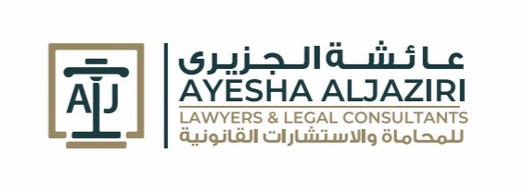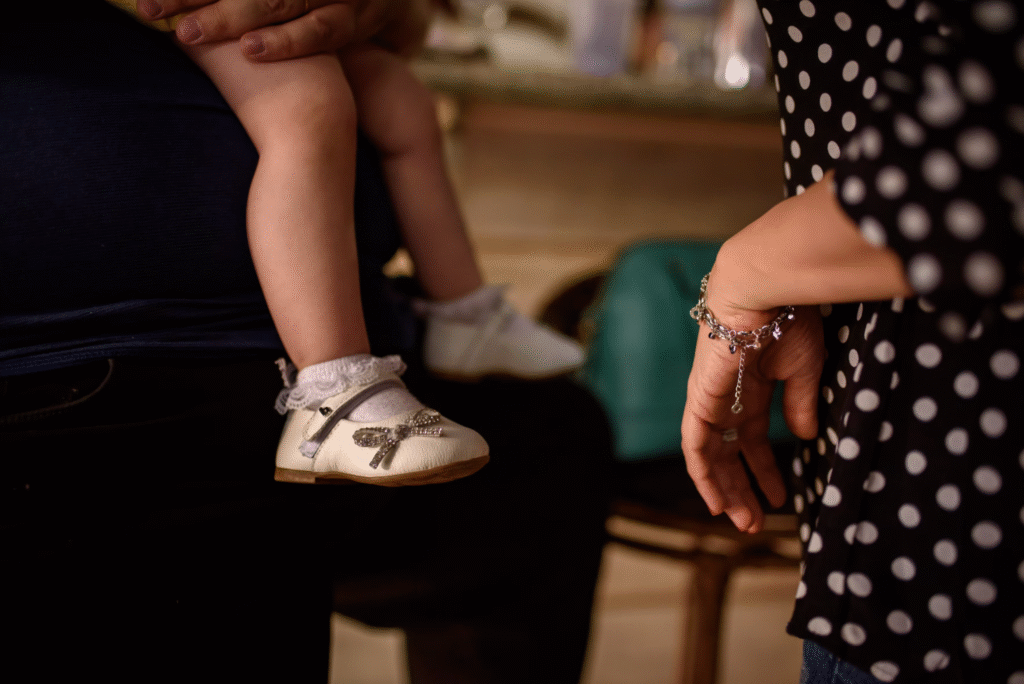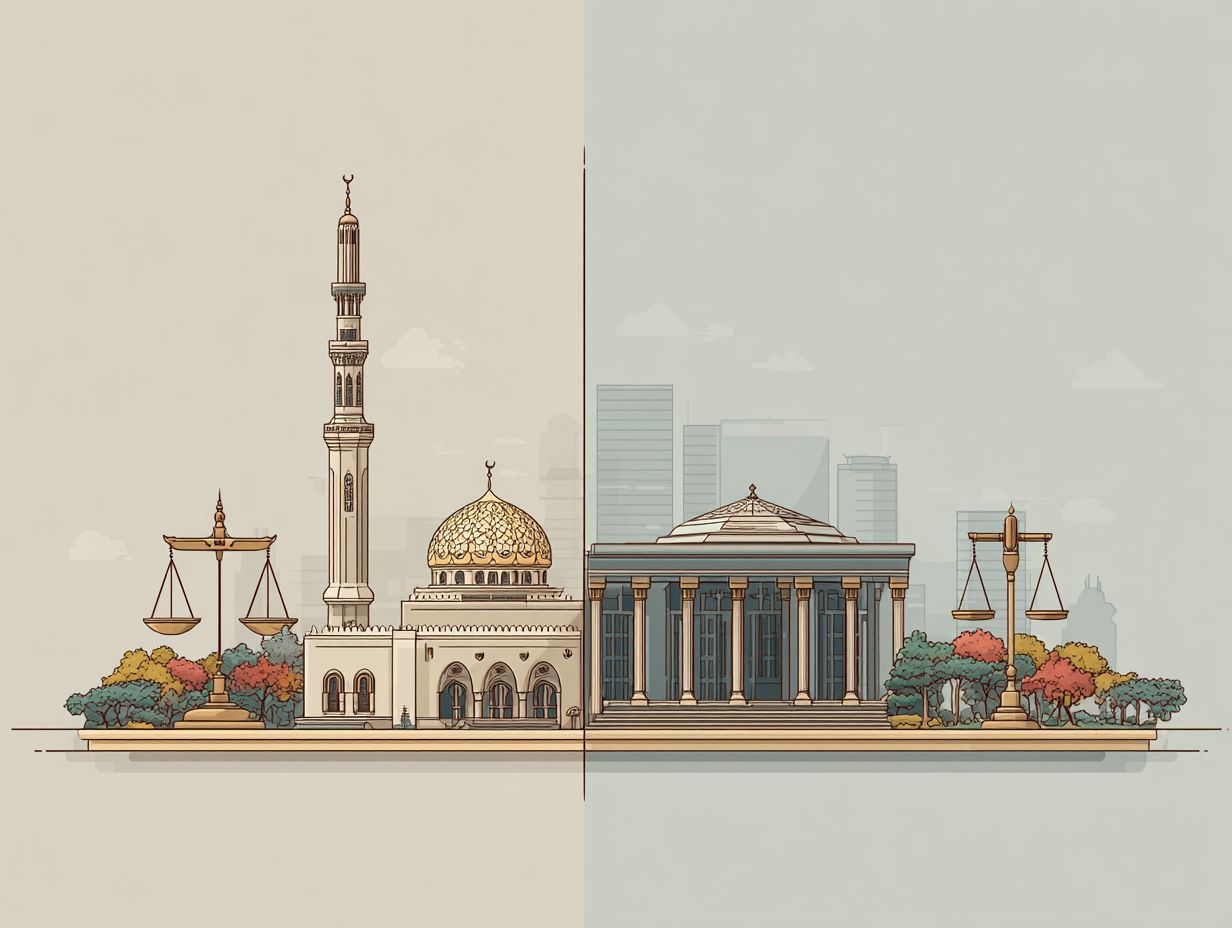Who gets custody of the children after a divorce in the UAE?
It’s one of the first, and often most emotional questions separating parents ask. The answer isn’t always straightforward.
Whether you’re a mother seeking physical custody or a father looking to stay actively involved, understanding family law is key to protecting your child’s well-being and your parental rights.
In this blog, we’ll walk you through how child custody arrangements are handled under UAE family law.
You’ll learn what custody and guardianship mean, how courts make decisions, and why working with the best family lawyers in Dubai could make a significant difference in your case.
Understanding Custody vs. Guardianship in UAE Family Law
In UAE law, custody and guardianship are two separate legal concepts. Custody refers to the day-to-day care and physical upbringing of the child, things like feeding, schooling, housing, and basic care. Guardianship, on the other hand, refers to financial support and decision-making responsibilities regarding the child’s education, travel, healthcare, and overall well-being.
Typically, mothers are granted custody of younger children (especially under the age of 11 for boys and 13 for girls), while fathers retain guardianship. However, each case is reviewed on its own merits, and the judge will ultimately prioritize what serves the child’s best interests. This separation of duties may seem unusual to expats, but it’s a core principle of UAE family law.
Who Typically Gets Custody in UAE Courts?
While custody is often awarded to the mother in early childhood years, that outcome isn’t automatic. If the mother remarries, relocates, or is proven unfit to care for the child, the father may petition the court for custody. Likewise, if the father is deemed unfit as guardian, the court can assign guardianship to another relative.
For expats and non-Muslims, recent changes in UAE law have made it easier to apply the laws of your home country, but only under specific procedures. Always consult a legal professional to determine which law applies and what documents are needed to support your position.
The Role of the Child’s Best Interests in Court Decisions
One of the guiding principles in all child custody cases under family law is the best interest of the child. UAE courts assess each case individually, considering:
- The emotional and psychological well-being of the child
- Stability and safety in the living environment
- Ability of each parent to provide proper care
- Consistency in the child’s schooling and social environment
The court may also take into account the child’s age, gender, special needs, and religious background. Ultimately, the law aims to minimize disruption in the child’s life while ensuring a safe, nurturing upbringing. This principle applies equally in Dubai and Abu Dhabi courts.
When Custody Can Be Challenged or Reassigned?
Even after a court order is issued, custody can be legally challenged. For instance, if one parent is found to be neglectful, abusive, or incapable of meeting the child’s needs, the other parent may request a reassignment of custody or guardianship.
Relocation is another factor that can lead to reassessment. If the custodial parent plans to move to another country, especially one that restricts the other parent’s access to the child, the court may block the move or require a new arrangement. Judges also consider remarriage, addiction issues, or persistent failure to comply with visitation agreements.
Working with top family lawyers ensures you present these challenges with the right documentation and legal backing.
Legal Process for Filing a Custody Case
The legal process starts with filing a complaint at the Family Guidance Department, a required step before court proceedings begin. A reconciliation attempt will be made through mediation. If that fails, the case proceeds to the Personal Status Court.
Key documents to prepare include:
- Marriage certificate
- Divorce decree
- Children’s passports and Emirates IDs
- Evidence of your parenting capabilities (income proof, housing, schooling)
- Any previous court orders or agreements
Navigating this process alone can be stressful. The best family lawyers in Dubai can help you assemble a strong case, file the paperwork correctly, and ensure deadlines are met, especially important in urgent cases like custody denial or abduction threats.
6. How Family Lawyers Can Support Custody Cases
Many people start custody disputes believing they can handle everything on their own. But family law is complicated, especially when it comes to children’s rights and cross-border family arrangements.
Family lawyers in Dubai and good family lawyers across the UAE bring experience, procedural knowledge, and emotional neutrality. They know how to work with court-appointed experts, represent your voice effectively in mediation, and pursue enforcement if custody rulings are ignored.
If you’re concerned about cost, consider reaching out to pro bono family lawyers or asking firms if they offer flat-rate consultations. The right legal help can protect not just your rights, but your child’s future.
Why Legal Support Matters in Custody Disputes?
Child custody cases aren’t just about legal paperwork, they’re about your child’s future. Having the right legal guidance can make the process smoother, more dignified, and more effective. At Ayesha Aljaziri Lawyers & Legal Consultants, we help parents protect their children’s best interests through deep knowledge of family law, cultural sensitivity, and practical legal strategy. To speak with a qualified family law specialist, contact us at +971 5594 83605 or email info@aljaziriadvocates.com.
Frequently Asked Questions
What does family law in the UAE say about child custody after divorce?
Family law in the UAE typically grants custody to the mother and guardianship to the father, but the court prioritizes the child’s best interests above all else. Custody may be shared, challenged, or reassigned based on parental behavior, living conditions, and the child’s needs.
Can a father get full custody under UAE family law?
Yes. If the court finds that the mother is unfit or unable to care for the child, the father can be granted full custody. This may happen due to health issues, remarriage, relocation, or neglect. Fathers must provide solid evidence to support such a request.
How can a parent prove the other is unfit for custody?
Proof might include police reports, witness statements, school or doctor reports, and evidence of unsafe living conditions. Courts take such claims seriously but also require documentation. A family law attorney can help present the case in the proper legal format.
What do family lawyers do in custody cases specifically?
What family lawyers do includes drafting legal submissions, representing clients in court, negotiating custody terms, securing visitation rights, and ensuring enforcement of court rulings. They also advise on how to collect and present evidence effectively.
Are there pro bono family lawyers available in Dubai for custody disputes?
Yes, some legal clinics, university law programs, and non-profit organizations offer pro bono family lawyers to those who qualify financially. It’s worth contacting the Dubai Courts’ Legal Aid section or asking law firms directly.
Can custody arrangements be changed after the divorce is finalized?
Yes. Custody orders are not set in stone. If circumstances change, such as remarriage, relocation, or evidence of harm, either parent can file for modification. UAE courts review such requests under the principle of the child’s best interests.








